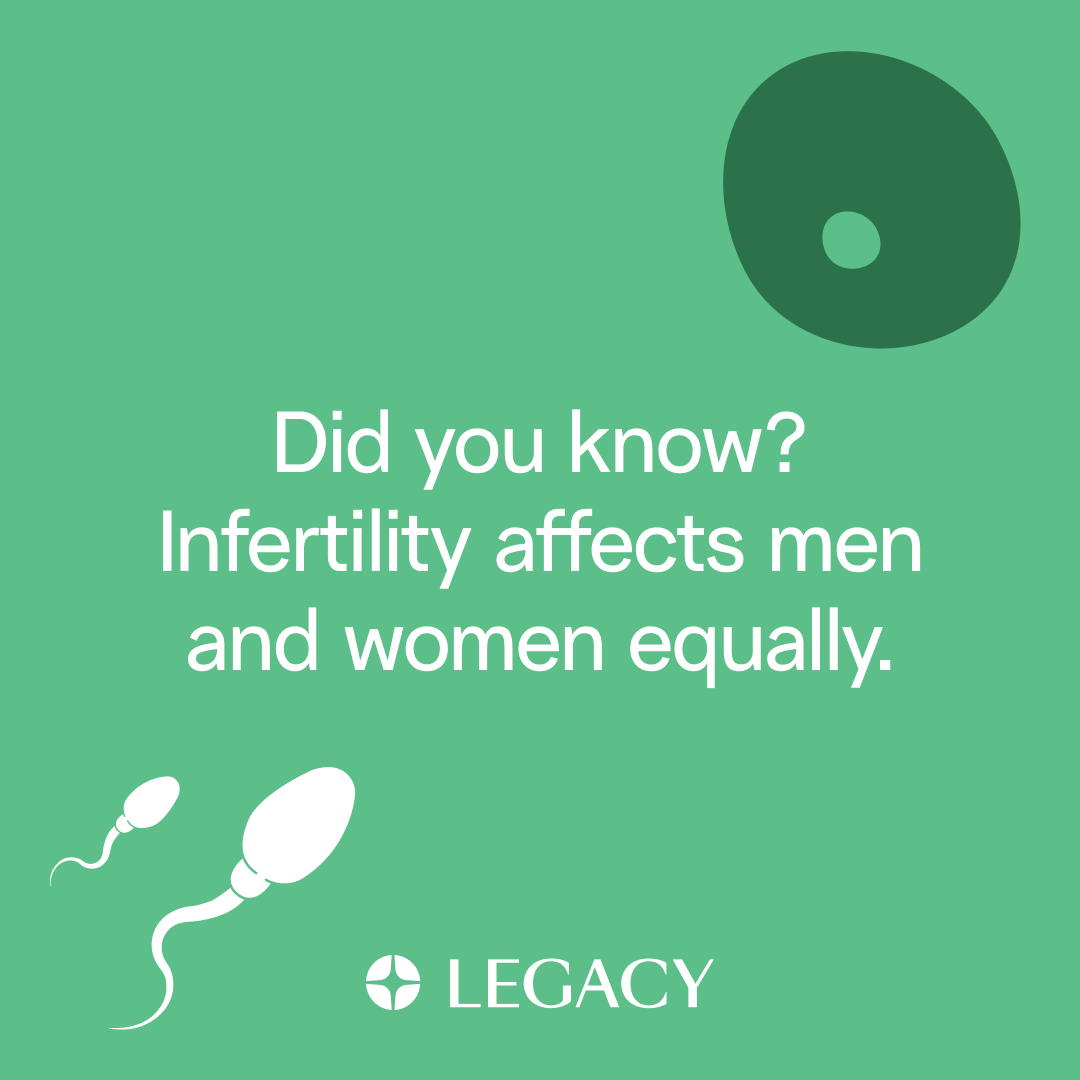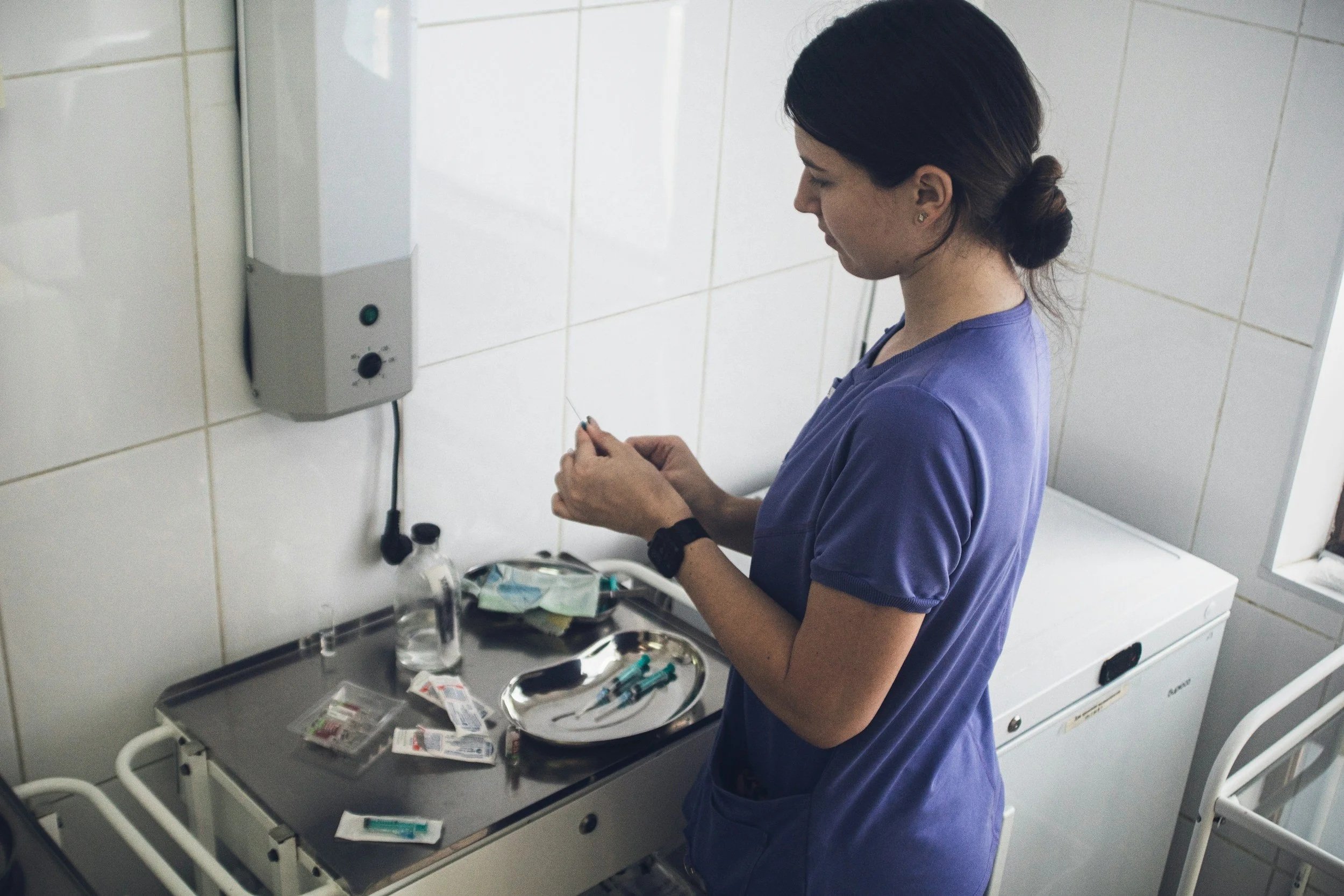Women in the United States are increasingly turning to egg freezing, also known as fertility preservation, particularly over the last decade. Women choose to freeze their eggs for a variety of reasons, but most boil down to ensuring they maintain control over the right time to start a family and with the right life partner.
In 2014, the American Society of Reproductive Medicine (ASRM), removed the ‘experimental label’ from egg freezing, stating that it was ethically permissible, and the data collected provided reassuring evidence of its safety and efficacy. The ASRM committee opinion states that “most of the medical procedures involved in planned oocyte cryopreservation are well established; ovarian stimulation, oocyte retrieval, embryo culture, and embryo transfer are all regular components of IVF that are well tested, used worldwide, and regarded as safe.”
With all medical procedures, there are risks involved. Let's take a look at the potential risks of egg freezing to help you evaluate if the procedure is right for you.
Side Effects of Medications
The process of ovarian stimulation requires the use of injectable hormones which help the eggs grow and mature in the body, usually over a period of two weeks. These medications are injected into the lower abdomen and can sometimes cause local bruising, which will eventually resolve. Common side effects from the medications include bloating, fatigue, headaches, and mood changes. Most women are able to function normally and work throughout their treatment. All medication-related symptoms are expected to resolve within one-to-two weeks after the egg retrieval.
Emotional Risks
The decision to undergo egg freezing can be very emotional and triggering. It’s helpful to feel well supported in your decision by friends and loved ones and to feel confident this is the right decision for you. It’s also important to know that egg freezing is NOT a guarantee, and some women who return to use their eggs do not have a successful pregnancy.
SAVE 15% with code FREEZEHEALTH on all Legacy products
Procedural Risks
The egg retrieval procedure is considered extremely safe. According to a randomized control trial that observed side effects of hormonal stimulation, the risks of complications were .08%. Patients receive anesthesia to keep them comfortable during the 10-15 minute procedure. The procedure is performed by placing a transvaginal ultrasound with a needle guide to enter into each follicle and gently aspirate the follicle contents from each ovary. Complications from an egg retrieval include bleeding, infection, and injury to surrounding organs which are all extremely rare—less than one percent.
Ovarian Hyperstimulation (OHSS)
Some women with certain risk factors, such as polycystic ovarian syndrome (PCOS) and high ovarian reserve markers, are at risk of OHSS, a condition which can be life-threatening and is caused by swelling of the ovaries and fluid shifting into the abdominal cavity. With newer ovarian stimulation protocols and trigger medications, the risk of severe OHSS is very low.
Ovarian Torsion
Ovarian torsion is an even more rare complication of egg freezing wherein the ovary twists in the pelvis, compromising its own blood supply. Surgery is generally recommended to correct this condition.
Long-Term Health Risks to Women & Future Offspring
According to the data currently available and gathered by the Ethics Committee of the American Society for Reproductive Medicine in their November 2018 paper, there is no increased risk of birth defects in babies born from frozen eggs. The data is also reassuring that the hormones used in ovarian stimulation do not increase the risk of cancer for women undergoing treatment.
The Ethics Committee of the American Society for Reproductive Medicine agrees egg freezing is a very safe treatment. Despite its safety, it is essential for you to be well informed about the potential risks as you decide if this is the right decision for you. It’s important to discuss the potential risks with your doctor to make sure YOU feel comfortable undergoing the process.
Meera Shah, MD, FACOG, is a reproductive endocrinology and fertility expert that practices at Nova IVF in Mountain View, California. Dr. Shah is double board-certified in obstetrics and gynecology, as well as reproductive endocrinology. She earned her medical degree at Stanford Medicine, completed her residency at the University of California, San Francisco (UCSF), and completed her fellowship training at Stanford.
Learn more about Nova IVF’s egg freezing practice on Freeze.
Considering egg freezing?
Check out Freeze’s free Compare Clinics tool - it includes pricing, locations, and more for US and international egg freezing clinics.


































